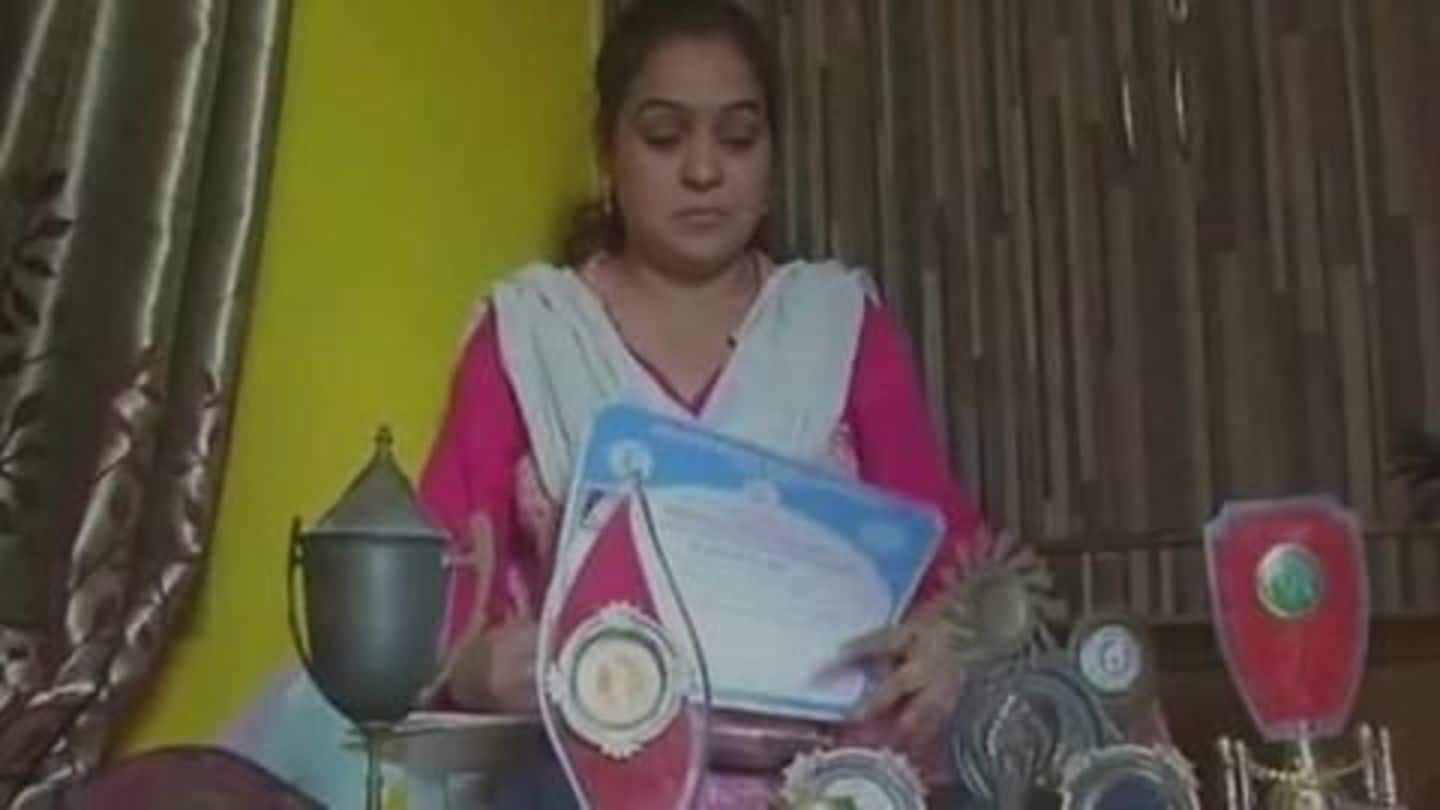
Triple talaq and tech: National player gets 'divorced' on phone
What's the story
When national-level netball player Shumaila Javed gave birth to a girl, she wasn't probably expecting what she received from her husband next: triple talaq over the phone. Javed of UP's Amroha has reportedly sought assistance from PM Narendra Modi and CM Yogi Adityanath. This case brings to the fore two social issues needing urgent redressal: triple talaq, and the desire for sons.
Javed
Female national-level player got talaq for delivering a girl
It is ironic that Javed, a seven-time national champion, was divorced because she had a girl child. Her husband Azam Abbasi and his family also used to torture her for dowry, she alleged; once, they tried to set her ablaze. When she conceived, they had an ultrasound conducted; she was threatened with dire consequences if she gave birth to a girl.
Tech
Talaq through SMS, Facebook, WhatsApp
In January, 22-year-old Afrin of Shahjahanpur unexpectedly came across a Facebook post by her husband, who had written: "Talaq, Talaq, Talaq." The next day, she received the same text through SMS. She too was allegedly tortured for dowry. Sumaina of Hyderabad, meanwhile, got to know her husband's decision via WhatsApp. An NRI from the city divorced his wife through a newspaper ad.
Centre
Centre takes a strong stand against the practice
The Centre has taken a strict stand against triple talaq, calling it a violation of fundamental rights of women. The SC will hear a petition seeking abolishment of the practice on May 11. However, the All India Muslim Personal Law Board says such issues are matters of religion and not judiciary; Sharia allows a man to divorce his wife through triple talaq, it argues.
Gender
In alarming trend, child sex ratio declining since 1991
The Indian preference for sons is deep-rooted in the patriarchal society; a 2016 study by the India Human Development Survey found almost 77% of Indian parents expect to stay with their sons in old-age. The child sex ratio has also been falling: from 947 girls per 1,000 boys in 1991, it fell to 927 in 2001, and then to 919 in 2011.